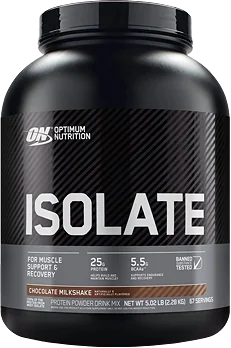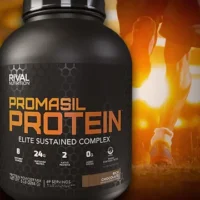Knowledge BaseYou're Questions Answered
Can protein powder be used by people with an autoimmune disease?
People with autoimmune diseases can use protein powder, but it is crucial to choose the right type based on individual health conditions and dietary needs. Protein powders can be a beneficial supplement for those needing extra protein due to dietary restrictions or increased needs associated with managing their condition.
However, certain protein powders may contain ingredients that could potentially trigger inflammation or immune responses in individuals with autoimmune conditions. For instance, whey and casein proteins are derived from dairy, which some people with autoimmune diseases may need to avoid if they have sensitivities or allergies to dairy products. Similarly, soy protein can be problematic for those with thyroid issues, a common concern in autoimmune conditions like Hashimoto's thyroiditis1.
Plant-based proteins, such as pea, rice, or hemp protein, are often recommended as they are less likely to cause allergic reactions or inflammation. These proteins are typically easier to digest and free from common allergens2. It's also beneficial to choose protein powders that are free from added sugars, artificial flavors, and preservatives, which can contribute to inflammation.
It is important for individuals with autoimmune diseases to consult with a healthcare provider or a dietitian before starting any new supplement regimen. This is crucial to ensure that the protein powder does not interfere with their overall diet plan or medication regimen and is safe for their specific health condition3.
- Effraimidis, G., & Wiersinga, W. M. (2014). Mechanisms in endocrinology: Autoimmune thyroid disease: Old and new players. European Journal of Endocrinology, 170(6), R241-R252.
- Michaëlsson, G., Gerden, B., Hagforsen, E., Nilsson, B., Pihl-Lundin, I., Kraaz, W., ... & Lööf, L. (2003). Psoriasis patients with antibodies to gliadin can be improved by a gluten-free diet. British Journal of Dermatology, 148(1), 44-51.
- Vojdani, A. (2015). A potential link between environmental triggers and autoimmunity. Autoimmune Diseases, 2014, Article ID 437231.

Your Answer
We are a participant in the Amazon Services LLC Associates Program, an affiliate advertising program designed to provide a means for us to earn fees by linking to Amazon.com and affiliated sites.



